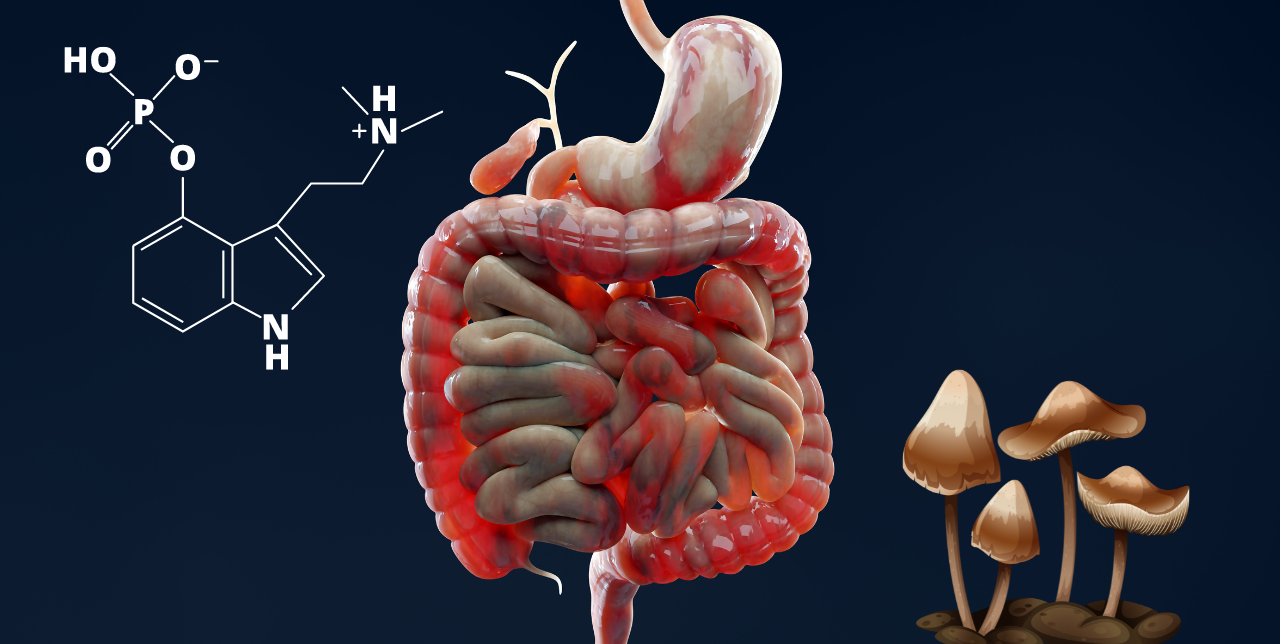When you think of psilocybin mushrooms, your first thought probably isn’t about their impact on digestion. Yet, for anyone considering this natural psychedelic, understanding how it interacts with your digestive system is crucial. Today, we’re diving into the effects of psilocybin mushrooms on digestion and sharing some tips on how to minimize any discomfort.
Understanding Psilocybin and Digestion
Psilocybin mushrooms, often called magic mushrooms, can offer profound psychedelic experiences, but they can also come with less desirable effects on the stomach. When you ingest psilocybin, it converts to psilocin in your body, which is the compound that causes psychoactive effects. This process starts in the stomach, which is why the digestive system can get a bit upset during a psilocybin experience.
Common Digestive Side Effects
Many users report feelings of nausea and bloating after taking psilocybin mushrooms. Some even experience vomiting or diarrhea as the body reacts to the foreign substances. These symptoms are usually mild and temporary but can detract from the overall experience.
Why Does Psilocybin Affect Digestion?
The exact reasons why psilocybin can cause digestive issues aren’t fully understood, but it’s believed that the body may initially react to psilocybin as it would to a toxin. The stomach tries to expel these substances, leading to nausea or vomiting. Additionally, psilocybin stimulates serotonin receptors, and since a large portion of serotonin receptors are found in the gut, this can disrupt normal digestive processes.
Minimizing Digestive Side Effects
To reduce the likelihood of digestive discomfort when taking psilocybin mushrooms, consider the following tips:
1. Adjust the Dosage: Sometimes, less is more. Starting with a lower dose can help your body adjust to the effects of psilocybin without overwhelming your digestive system.
2. Change the Consumption Method: Instead of eating raw mushrooms, try brewing them into a tea. This can be easier on your stomach and might reduce the intensity of digestive side effects.
3. Stay Hydrated: Drinking plenty of water before, during, and after your psilocybin experience helps keep everything moving smoothly in your digestive tract.
4. Choose the Right Time: Consuming psilocybin mushrooms on an empty stomach can minimize the risk of nausea but taking them after a small, light meal might work better for those with sensitive stomachs.
5. Use Ginger: Ginger is a natural remedy for nausea. Drinking ginger tea or even taking ginger supplements before taking psilocybin can help settle your stomach.
Understanding the Anatomy of Psilocybin and Digestion
By understanding how psilocybin mushrooms interact with your digestive system, you can better prepare for your experience. It’s all about the anatomy of psilocybin and digestion: knowing what might trigger digestive upset and how to counteract it ensures a more comfortable and enjoyable journey.
The Bigger Picture
While the focus here is on digestion, it’s important to approach psilocybin use holistically. Ensure you’re in a safe, controlled environment and consider having a sober trip-sitter if you’re experimenting for the first time. Being mentally and physically prepared can significantly impact your overall experience, digestion included.
Conclusion
Although psilocybin mushrooms can affect digestion, these effects are manageable. By understanding the anatomy of psilocybin and digestion and preparing accordingly, you can minimize side effects and enhance your psychedelic journey.
For those looking to explore further, educational resources and research studies on psilocybin can be found on platforms like PubMed or through organizations dedicated to psychedelic research. Always ensure you’re using reliable sources to gather information.
Further Reading:
